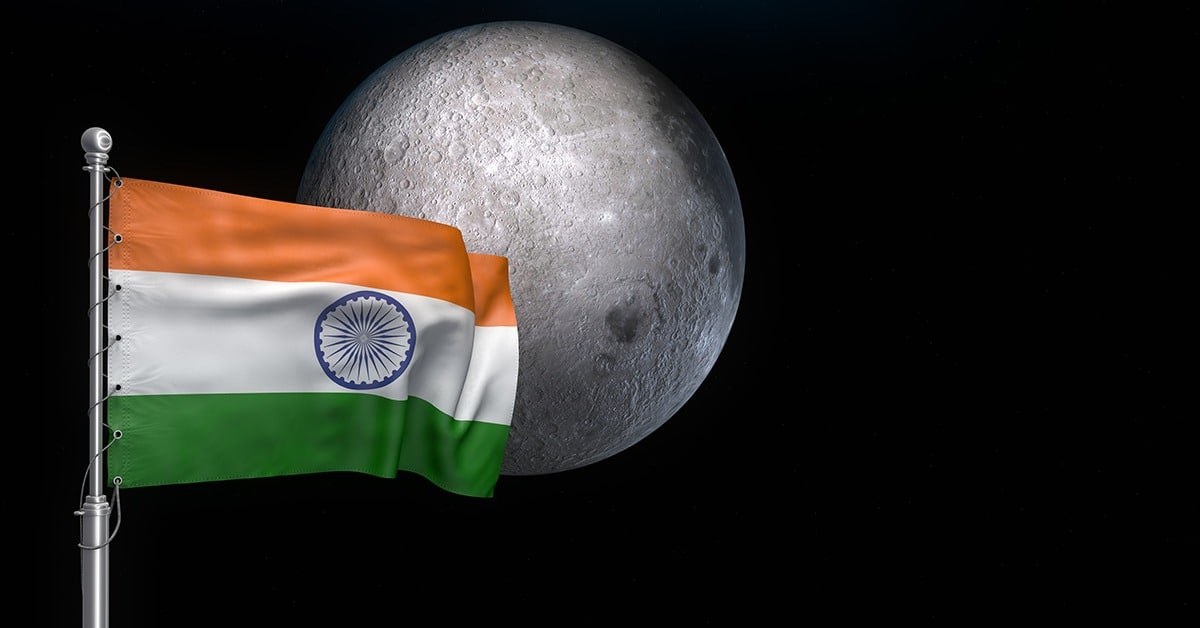Future projects like the return to Mars, the study of Venus, and carrying humans into low earth orbit, portends a bright future for the Indian space sector.

India’s Chandrayaan-3 mission created history by landing safely on the moon at 6:03 PM on August 23, making it the first country to touch the polar region of the moon and the fourth country after the US, Russia, and China to enter the moon.
It is the cheapest mission ($75 million) compared to the Russia’s Luna-25 ($200 million), China’s Chang’e ($219 million) and USA’s Apollo 11 ($152 billion).
“It will have long-term benefits for the economy, especially the private sector to invest and fund new technologies,” says Nitin Sarin, Managing Partner, Sarin&Co.
Future projects like the return to Mars, the study of Venus, and carrying humans into low earth orbit, portends a bright future for the Indian space sector. The country is an inexpensive launchpad for foreign countries. It launched 424 foreign satellites, and earned a revenue of $174 million and €256 million.
The ‘Make in India’ and ‘Atmanirbhar Bharat’ enhancing campaigns self-reliance, will get a boost. The government is likely to increase budgetary allocation towards the space sector. Indian Space Research Organization (ISRO) is turning towards domestic manufacturers like Larsen and Toubro (L&T) and Bharat Heavy Electricals, to provide vital supplies for its projects. The stock prices of 13 companies that supplied materials for the mission surged.
The space sector was thrown open to private companies in 2020. There are currently 400 companies, including 140 space tech startups. Skyroot became the first private company to launch a rocket in India and South Asia. In August 2023, government extended the Goods and Services Tax (GST) exemption for private companies that launch rockets in India.
The first Chandrayaan mission inspired me to start my own Space company, says Sanjay Nekkanti, CEO & co-founder, Dhruva Space. “I see the impact bolstering space business in India; there are many opportunities to meet the growing demand customers have to not just launch one satellite, but a constellation of satellites at once.”
India’s global space economy, was valued at $9.6 billion with a share of 2%-3% in 2020. It is expected to reach $13 billion by 2025, 10% by 2030.



